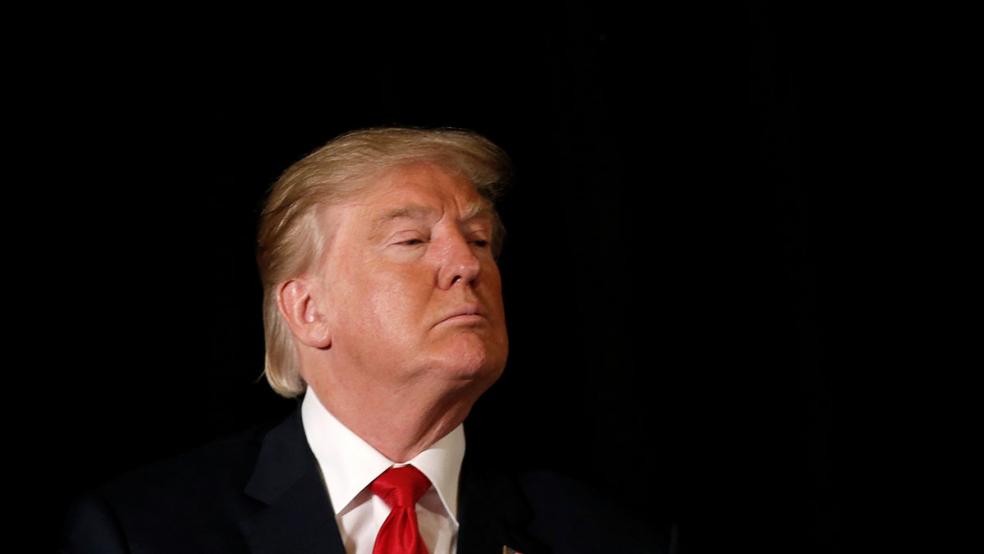After spending more than a week defending himself against sexual assault accusations and outlining what he says is a vast global conspiracy to deny him the presidency, Donald Trump took a break on Monday to offer some actual policy proposals. In a speech in Green Bay, Wisconsin, he announced changes he would propose to the rules governing former government officials who become lobbyists.
“It’s time to drain the swamp in Washington, D.C.,” Trump said in a statement released by his campaign. “That’s why I’m proposing a package of ethics reforms to make our government honest once again.”
Related: Trump’s ‘Rigged Election’ Poll Watchers Could End Up in Jail
While Trump’s plan wouldn’t shut the revolving door between Washington and the K Street offices of D.C.’s major lobbying firms, it would certainly slow it down.
Today, former federal lawmakers need to wait to lobby their former colleagues -- one year if they were members of the House of Representatives, two years if they were senators. Trump said that he would press Congress to implement a full five-year ban on former members becoming lobbyists.
Trump would impose a five-year waiting period on members of the executive branch, and said that he would take the unusual step of asking Congress to pass legislation to that effect, meaning that the action could not be undone by future presidents through executive orders.
Currently, executive branch employees face a waiting period of between one and two years, depending on their seniority, before they can lobby the agency they worked for.
Related: A Trump Television Network? It Sure Would Explain a Lot
Trump would also propose a total ban on former “senior executive branch officials” from lobbying on behalf of foreign governments. What that means, exactly, is unclear. The proposal may be referring to members of the Senior Executive Service, the highest-ranking tier of career civil servants. More likely, though, Trump is referring to high-ranking political appointees.
Another proposal is a ban on “registered foreign lobbyists” raising campaign contributions in the U.S. (This is somewhat ironic, as Trump’s own campaign was, for a time, being managed by Paul Manafort, a lobbyist with extensive connections to foreign governments.)
Finally, Trump would propose a legal redefinition of what it means to be a “lobbyist.” Currently, individuals who spend only 20 percent or less of their time in lobbying activity can identify themselves as something other than a lobbyist -- such as “consultant” or “adviser.”
In his remarks in Green Bay, Trump managed to connect his proposed changes to the lobbying rules to his ongoing battle with Hillary Clinton by reviewing how her husband, former president Bill Clinton, had handled the issue of the revolving door.
Related: FBI Documents Refer to ‘Quid Pro Quo’ With State Department Over Clinton Emails
“When Bill Clinton came into office, he signed an executive order saying if you work for the White House or a federal agency, you can’t lobby the government for 5 years after you leave,” Trump said. “But then, President Clinton did what the Clintons always do – he rigged the system on his way out. Clinton lifted the executive order so the Clintons and their cronies like John Podesta could start raking in cash.”
Trump promised that his plan would “end our government corruption.”





